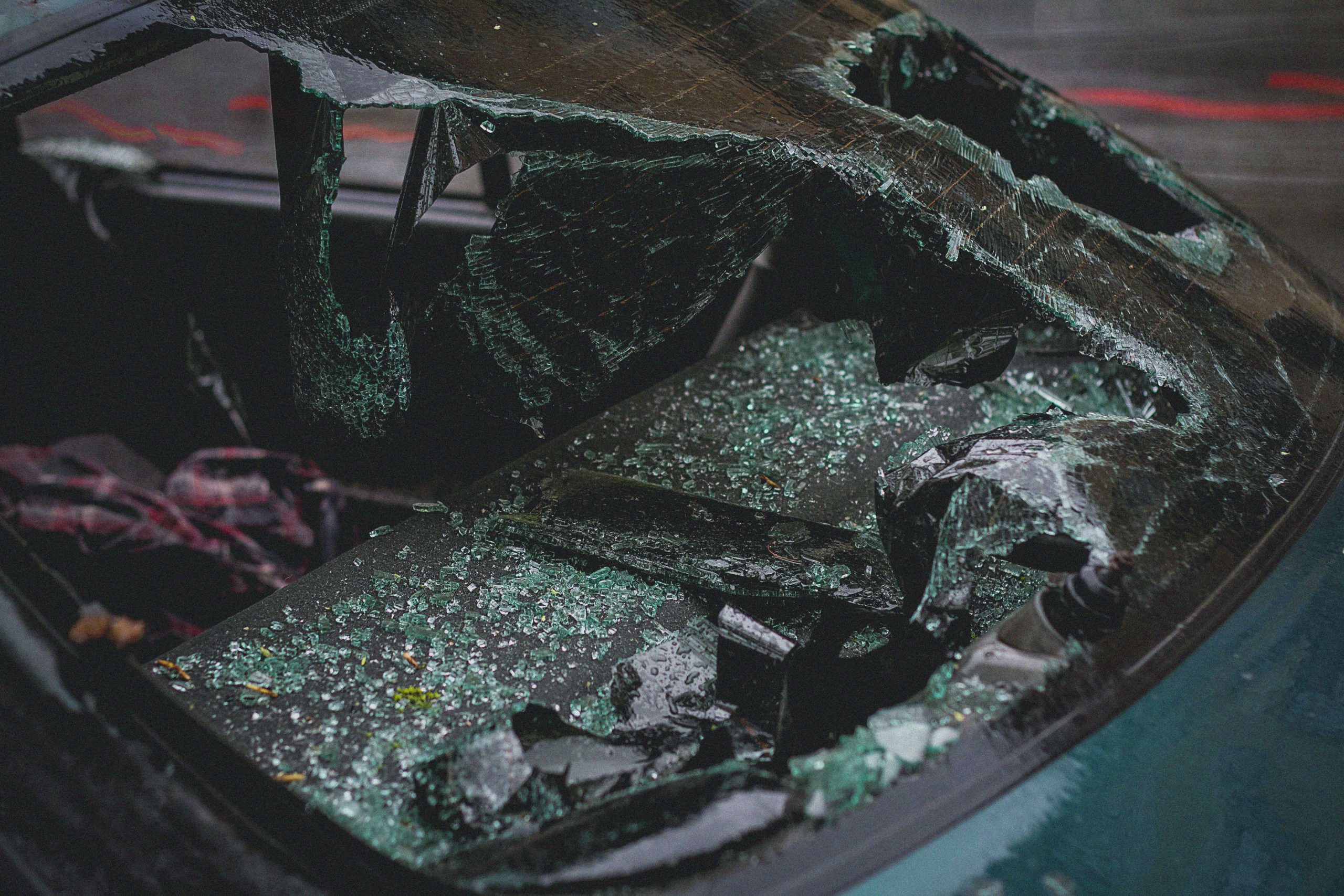It doesn’t matter if you’re in Vermont or New York; there are some basic things to do after an accident that was not your fault. However, many people are shaken up and don’t know what to do next.
Today, you will learn what to do after a car crash that you didn’t cause. Maybe you’ve recently been in a minor collision. You may want to know if you should have done anything differently.
Without further ado, let’s discuss three things you should consider after the crash.
The Importance of Calling Emergency Services
First, I’m not a doctor, so I can’t give you medical advice. What I can tell you is that your actions right after an accident will be carefully looked at by insurance companies and their lawyers if you make an injury claim. Insurance lawyers will assess all of your claims trying to find proof that you were at fault for the car accident.
If you are like many people, your adrenaline and anxiety are through the roof. Imagine you’re stuck in the middle of the road, confused about what to do next.
Traffic is building up behind you.
Your first instinct is to get the heck out of there if possible. You want to get home where you feel safe and someone can care for you. And when you’re home and relaxed a bit, well, that’s when the pain starts to kick in. You must know that defense lawyers will assume you were not hurt in the crash if you did not call EMS.
Report Any And All Symptoms, Aches, & Pains
In almost every case, your best action is not to take any chances. After an accident that wasn’t your fault, it’s good to call emergency services to come and at least check you out. They may see something you don’t, which could save your life. Of course, calling EMS could help your injury claim, too.
If there is a responding police officer or paramedic, they will ask you if you were hurt.
Do not take this question lightly.
 If you have any pain or symptoms, describe them as best you can. If you’re not sure, it’s okay to say so.
If you have any pain or symptoms, describe them as best you can. If you’re not sure, it’s okay to say so.
It can be incredibly frustrating when you develop pain that night or the next day and find out you have a severe injury, but later you come to find out the police report indicates you said you had no pain at the scene of the accident. Insurance companies and defense lawyers will use this against you.
For that reason, report all pain or discomfort to first responders. And if you don’t feel anything yet, consider telling them you aren’t sure because you feel shaken up.
But only if it’s true. I’m not suggesting you lie or exaggerate your symptoms.
But I have had many clients who didn’t notice pain immediately after an accident, and when they got home, and the adrenaline wore off, they found themselves in terrible discomfort.
Be Mindful Of What You Say
Know that any words you say can end up in an accident report and be used against you, if at all possible. Now, if you talk to medical professionals at the crash scene, they may ask if you’d like to visit the emergency room. You can choose to ride in an ambulance or go on your own or with a partner.
Once you get there, there are things to be mindful of while receiving treatment at your local hospital.
I can’t stress enough that everything you say to the police, doctors, nurses, investigators, insurance companies, and the like will end up written.
Defense lawyers will scrutinize what you said and try to use it against you if they can. Therefore, you must be careful what you say to the on-scene responders and also what you say at the emergency room.
You must be honest and tell the doctors and nurses what happened to your body in the accident to treat you properly.
They may ask whether you hit your head or lost consciousness. The truth is, most doctors don’t care too much about how somebody got injured. Instead, they’re interested in symptoms and test results.
There’s no reason you should be discussing who was at fault for the accident at the hospital. There’s also no reason to discuss whether or not you plan to bring a lawsuit against another driver.
If your medical records from right after the accident contain a note saying you plan to sue another driver, your credibility will be very low.
What To Do After An Accident That’s Not Your Fault Summary
So tell the truth, be thorough and complete with medical professionals, and tell them every symptom you’re having from the accident, no matter how insignificant it seems at the time. But don’t talk about liability or lawsuits. So your takeaways from today’s video are these.
One: Consider calling 911 and asking for police or EMS services. It is common to be unsure if you’re hurt after the accident. Getting checked out is good for your health and good for your legal claim too.
Two: Report every symptom, no matter how minor. If you aren’t sure how you’re feeling, say so. Don’t let the adrenaline and anxiety hide pain and injuries, which only make themselves known when you get home.
A clear “I’m not hurt!” at the scene is often wishful thinking and can derail your claim down the road.
Three: Keep your discussion limited to your symptoms and functional limits with doctors and nurses. There’s no need to discuss who was at fault or whether you intend to make a legal claim after the crash.
If you need the help of an experienced Vermont accident lawyer, give our office a call. Attorney Drew Palcsik works with injured people to help them regain their lives.
It’s time to put this accident behind you. So give Champlain Valley Law a call today.




